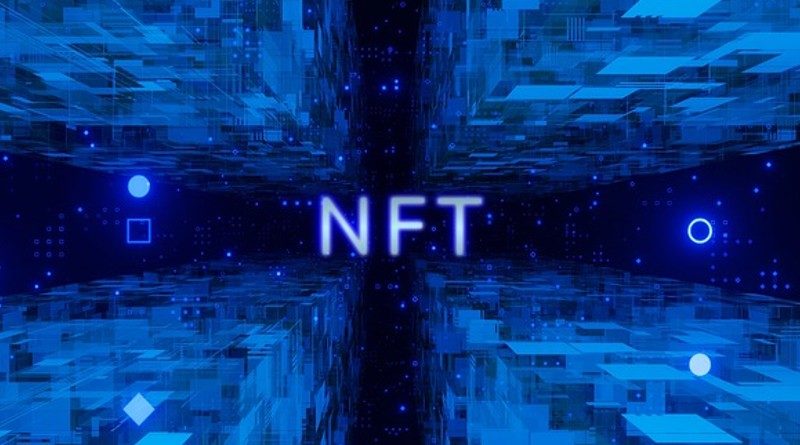NFTs in fashion and luxury goods
In recent times, Non-fungible tokens (NFTs) have transcended their roots in art and collectibles, making a significant impact in the realms of fashion and luxury goods. Unlike conventional cryptocurrencies, NFTs boast uniqueness, making them tailor-made for an industry that thrives on exclusivity and rarity.
NFTs Transforming Ownership Authentication
In the fashion and luxury goods sector, NFTs bring a revolutionary advantage— the power to authenticate and validate ownership. In a market where counterfeit goods pose a constant threat, NFTs serve as digital certificates, verifying the authenticity of items and ensuring buyers acquire genuine products. Furthermore, they provide a transparent ownership history, simplifying the verification process.

Creating Digital Masterpieces: Unique and Limited-Edition Items
The allure of limited-edition items has always been a cornerstone of luxury brands. NFTs amplify this allure by enabling the creation of digital versions of physical items, be it a virtual handbag or a piece of jewelry. This not only preserves exclusivity but opens the door to one-of-a-kind digital items, such as virtual fashion shows or shoots, offering a novel and unique experience.
Revolutionizing Sales Channels
Traditionally, high-end fashion and luxury goods are channeled through exclusive retailers and boutiques. However, NFTs introduce a paradigm shift, allowing direct sales to consumers without reliance on traditional retail channels. This shift promises new opportunities for both buyers and sellers, reshaping the dynamics of the industry.
A New Revenue Stream for Brands
NFTs not only redefine ownership and exclusivity but also pave the way for a novel revenue stream for fashion and luxury brands. Brands can leverage NFTs to create digital collectibles or merchandise, providing a fresh and unique way to connect with customers and generate revenue beyond the conventional sales model.
Challenges and Considerations
While the potential of NFTs in the fashion and luxury goods industry is immense, challenges persist. A lack of understanding among consumers and industry professionals poses a hurdle, along with concerns about the environmental impact of NFTs. The underlying blockchain technology, on which NFTs rely, consumes a significant amount of energy.
Leading Brands Embracing NFTs
- Gucci
- Prada
- Louis Vuitton
- Hermès
- Balenciaga
- Burberry
- Christian Dior
- Ralph Lauren
- Fendi
- Versace
In conclusion, NFTs hold the promise of revolutionizing how fashion and luxury goods are perceived, bought, and sold. They bring forth a means to authenticate, create exclusivity, and generate revenue. However, overcoming challenges and fostering understanding will be crucial as this technology shapes the future of the industry.
Frequently Asked Questions (FAQs)
- What exactly are NFTs, and how do they differ from traditional cryptocurrencies? NFTs, or Non-fungible tokens, are digital assets unique to each individual unit, setting them apart from traditional cryptocurrencies like Bitcoin.
- How do NFTs benefit the fashion and luxury goods industry in terms of ownership authentication? NFTs act as digital certificates, authenticating items and providing a transparent ownership history, especially crucial in the second-hand market.
- What challenges do NFTs face in the adoption process within the fashion industry? Challenges include a lack of understanding among consumers and industry professionals, coupled with concerns about the environmental impact of the underlying blockchain technology.
- Which renowned brands have already embraced NFTs in the fashion and luxury goods sector? Leading brands such as Gucci, Prada, Louis Vuitton, Hermès, and others have ventured into the world of NFTs.
- How can NFTs create a new revenue stream for fashion and luxury brands? NFTs enable brands to create digital collectibles or merchandise, offering a unique way to connect with customers and generate additional revenue beyond traditional sales.




